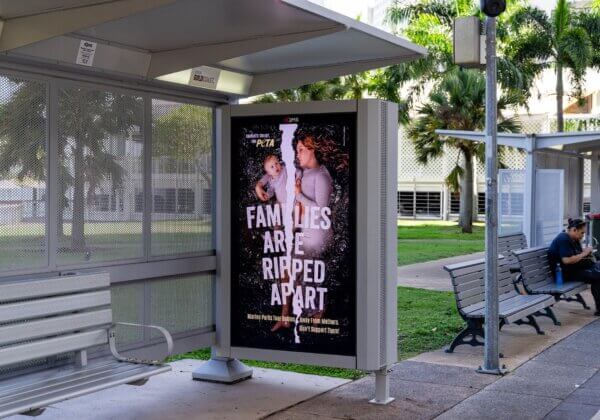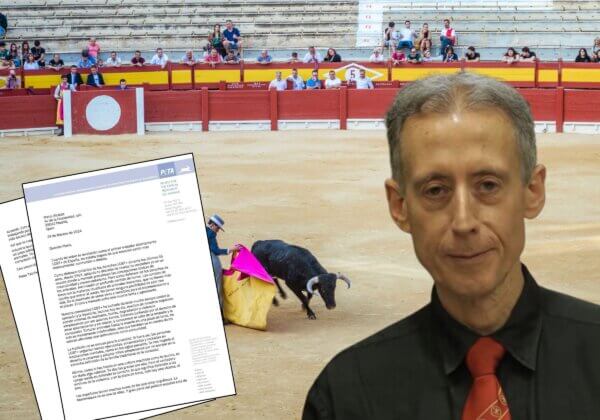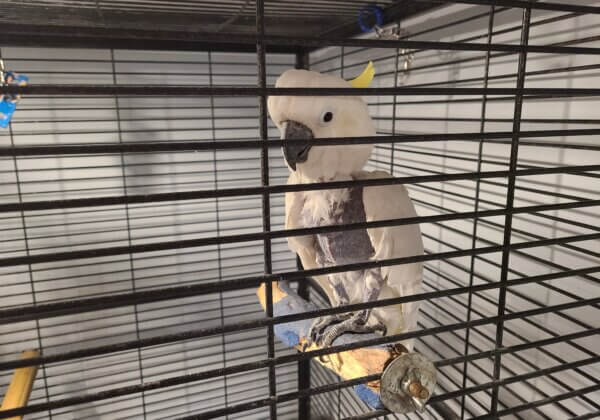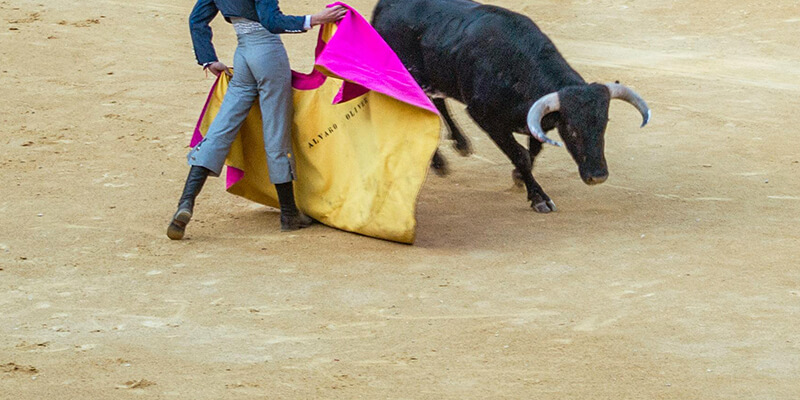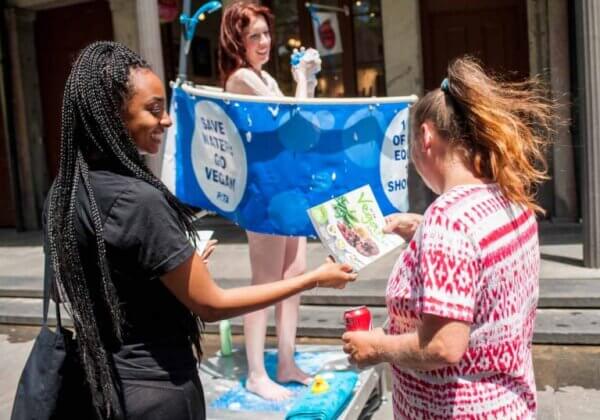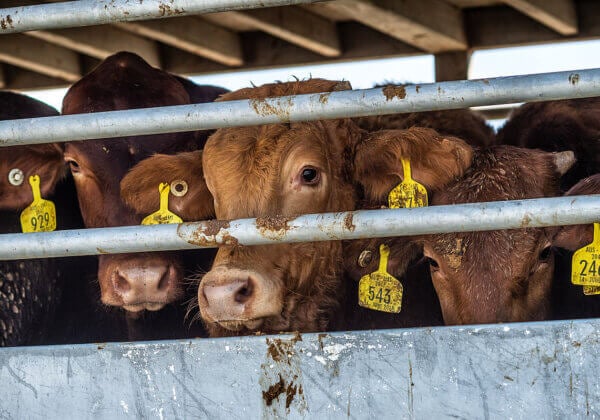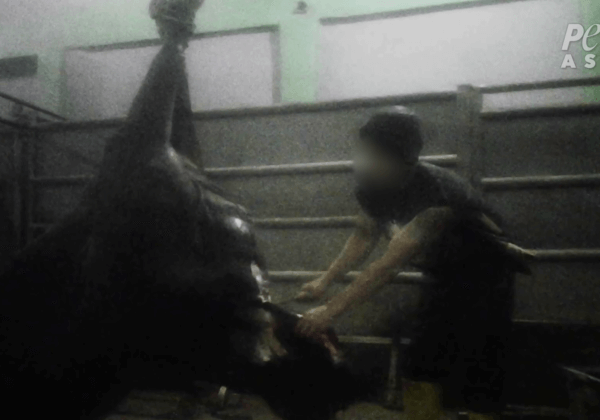In Death, Tilikum Is Finally Free
Tilikum—the “star” of Blackfish, the damning documentary about SeaWorld’s cruel practice of tearing wild orcas away from their families and then breeding them in captivity—is dead, following decades of exploitation in the marine-mammal abusement industry.
He was taken from his ocean home and confined to a small cement cell 100 million times smaller than the home range that he would have lived in if he’d remained free. He was not only forced to perform meaningless tricks for food but also manipulated sexually—his sperm was used to produce more baby orcas for SeaWorld to train and sell.
His human captors dishonestly called him part of their “family,” even though a family doesn’t kidnap its members from their rightful mothers, keep them in a tiny and barren space for their entire life, and exploit them for decades in order to make money.
But SeaWorld was forced to admit that he had been sick and now that he has died. No matter the cause—and no one knows yet—his death was the culmination of a miserable lifetime of confinement.
The company’s announcement that it would end its orca-breeding program came too late for Tilikum, who was bred 21 times—and 11 of his offspring died before he did. From the moment that he was taken from his ocean family, his life was tragic and filled with pain, as are the lives of the other animals who remain in SeaWorld’s tanks and exhibits.
When he was just 2 years old, he was caught by marine “cowboys” who kidnapped orcas and other dolphins in order to sell them to the entertainment industry. He was stolen from his real family—his pod—in the open waters off Iceland and forced to live inside tiny tanks and cramped enclosures for the remainder of his life, unable to use his echolocation, swim long distances, feel ocean currents, hear or see his relatives, or do anything else that was natural and important to him.
He was trained to eat what he was given and to do what he was told. He was also trained to roll over, which allowed SeaWorld employees to masturbate him with a gloved hand and collect his semen in a container. The company used him as its chief sperm-producing machine in its program to artificially inseminate female orcas, churning out more captive performers to endure a life that no one would ever willingly choose.
Tilikum was kept in tanks with no escape from aggressive, incompatible orcas, who would leave him torn up and bloodied. The constant stress and deprivation of captivity drove him to kill three humans—including trainer Dawn Brancheau in 2010—and to wear his teeth down to nubs by chewing on the underwater bars of his prison.
It’s little wonder that he succumbed to mental illness under such conditions and, finally, to some incurable physical illness.


